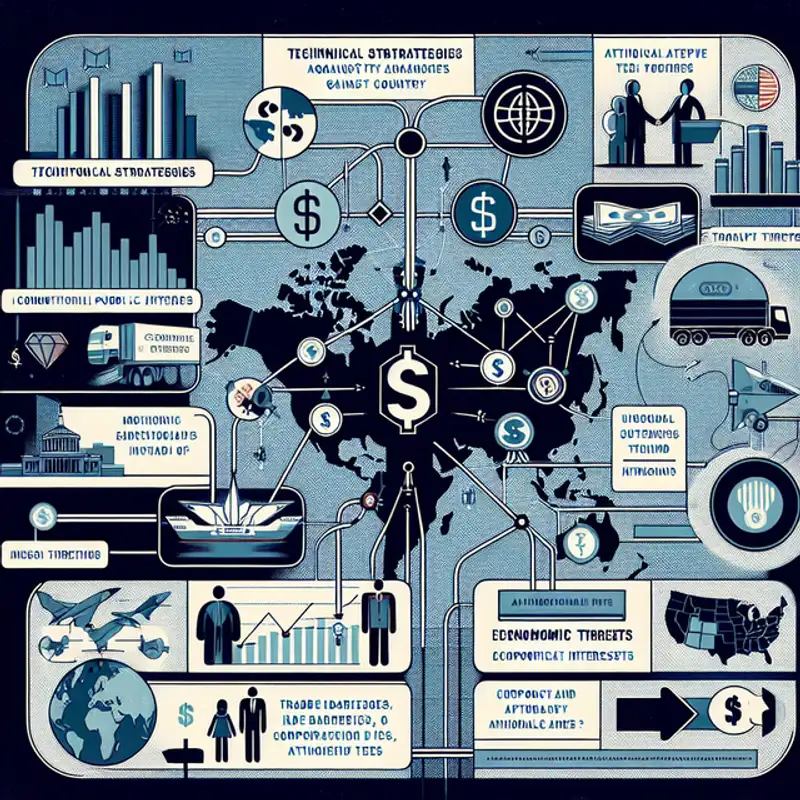 Episode
Episode
· 02:11
In this article from The New York Times, the Trump administration is stepping up its economic battle with China, expanding beyond tariffs to a broader strategy aimed at severing key investment ties. The White House is rolling out measures to curb Chinese investments and tighten export controls on emerging technologies, all under the guise of national security. As President Trump declared from the Oval Office, “We’re going to have a good relationship with China, but they won’t be able to take advantage of us,” signaling his intent to leverage these policies as both negotiation tools and long-term instruments for decoupling the two economies. Critics and experts are weighing in on both the potential benefits of protecting American industries and the challenges—including possible legal hurdles and limited economic impact—of completely unwinding decades of trade relations with one of America's largest trading partners.
Key Points:
• The Trump administration is expanding its economic restrictions on China beyond tariffs, including curbing Chinese investments and tightening technology export controls.
• A presidential memorandum directs U.S. agencies to block investments that might aid China’s military or support strategic industries, while fast-tracking investments from U.S. allies.
• The policies aim to “finish the unfinished task of fully unwinding commercial ties with China,” as described by experts.
• President Trump’s stance merges tough negotiation tactics with a transactional approach, hoping to secure concessions from Chinese leadership.
• Critics warn that some measures, such as patching U.S. export controls on tech and reviewing "greenfield investments," could prompt legal challenges and may have limited economic impact.
• The strategy marks a notable shift from prior bipartisan efforts to gradually reduce U.S.-China economic interdependence, reflecting heightened national security concerns.
• These shifts could intensify trade tensions, especially as both sides respond with their own countermeasures like tariffs and export restrictions.
This evolving policy landscape underscores the complexity of U.S.-China relations, where national security and economic interests continuously intersect. Enjoy the discussion!
Link to Article
Listen to jawbreaker.io using one of many popular podcasting apps or directories.